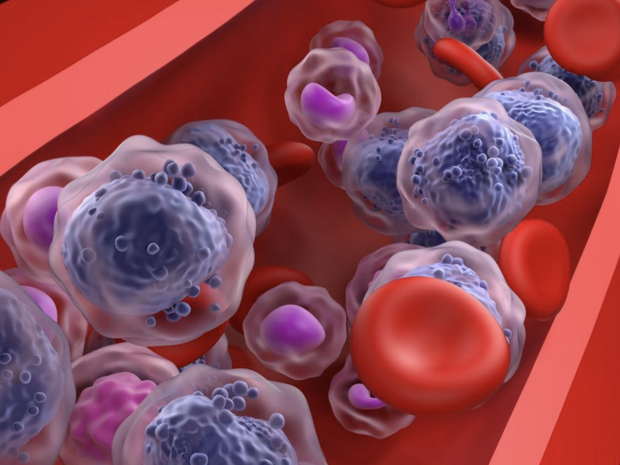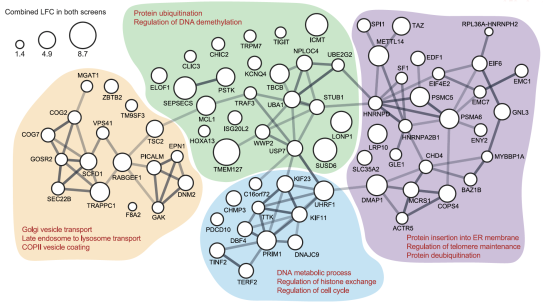Targeting Novel Immune Feedback Modulators for Immunotherapy of Cancer and Beyond

Speaker:
Jun Wang, PhD
Assistant Professor
Dept. of Pathobiology
Perlmutter Cancer Center
NYU Grossman School of Medicine
Abstract:
Dr. Wang's research is dedicated to advancing immunotherapy beyond the current paradigms of PD-1/PD-L1 blockade, addressing the critical challenge that a significant portion of patients either does not respond to or develops resistance to these therapies. By focusing on the interplay of immunological mechanisms within the tumor and disease microenvironments, his work aims to enhance tumor-specific immunity and extend the benefits of immunotherapy to a broader patient population, including those with autoimmune or infectious diseases. Central to this effort is the identification and characterization of novel targets for immunotherapy that could offer more effective and less toxic treatment options. Dr. Wang's approach involves a combination of protein engineering and rational drug design to fine-tune the balance between therapeutic efficacy and immune-related side effects. Additionally, his lab is developing sophisticated disease model systems and identifying precise biomarkers, which are essential for translating these discoveries into clinical practice. This comprehensive strategy represents a significant step towards personalized medicine in cancer treatment and beyond, promising to improve outcomes for patients facing not only cancer but also other immunologically driven conditions. Dr. Wang's work is poised to broaden the scope and impact of immunotherapy, offering hope for more effective and safer treatment modalities.
Dr. Wang received his Ph.D. in Molecular Immunology from the Institute of Biophysics of the Chinese Academy of Sciences in Beijing, China in 2011. Subsequently he joined the group of Prof. Lieping Chen at the Yale Department of Immunobiology, first as postdoctoral fellow and later as Associate Research Scientist. In addition, he became a research member of the Yale Cancer Center. In 2019 he joined NYU as an Assistant Professor.


